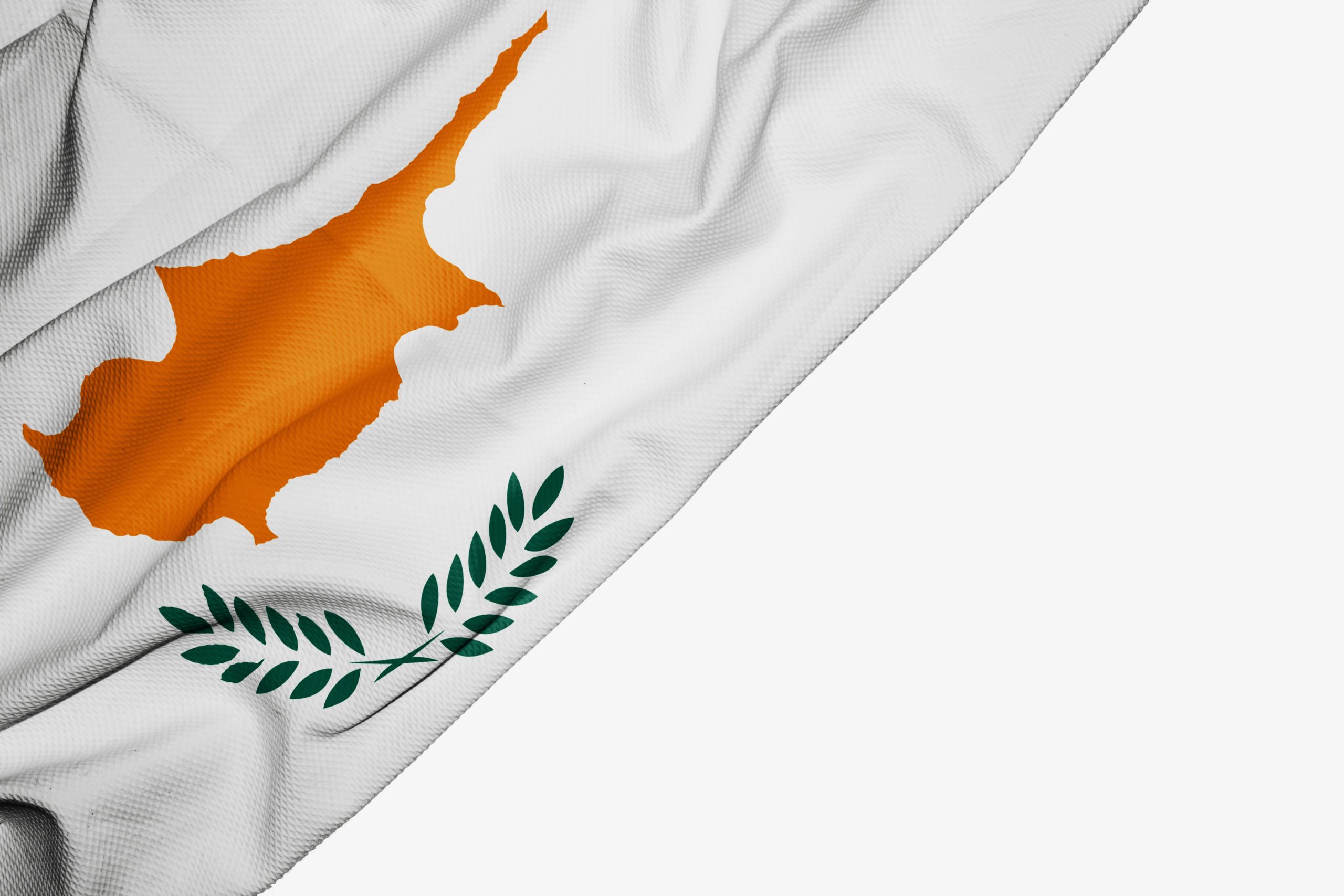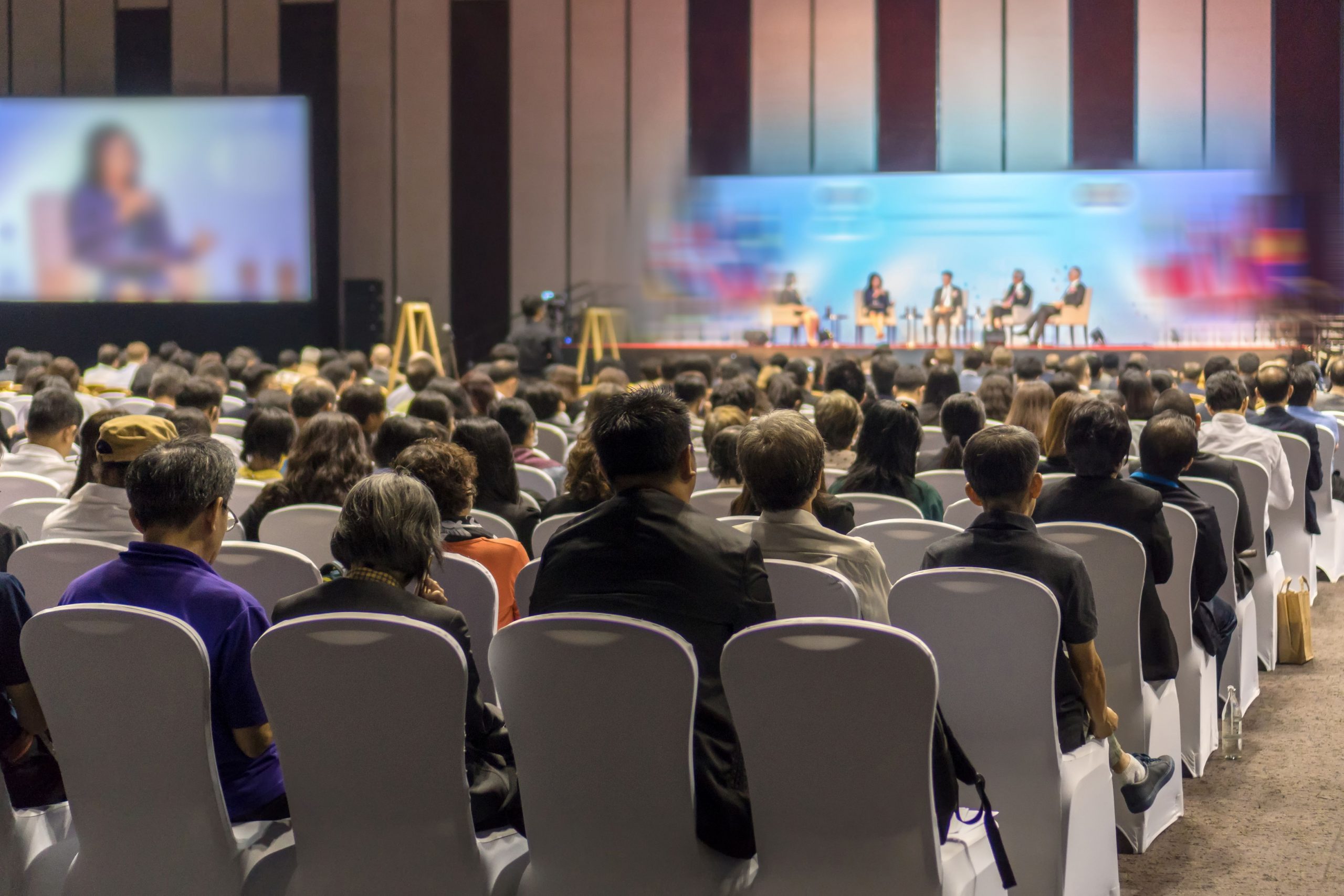Partitioning for Peace: The violence of bordering on the island of Cyprus
by Georgios Giannakopoulos and Alexandria Innes
When we began recording the Partitioning for Peace podcast we imagined the series as a companion to our Partitioning for Peace conference that took place in November 2024 — a way to bring the discussion on Cyprus’s division beyond the confines of academic panels. What unfolded was far richer: an ongoing education in how history, memory, and everyday life intertwine across the island’s enduring line.
We brought together researchers from across Europe who were working on Cyprus from a host of different disciplines: history, politics, anthropology, sociology, peace and conflict studies. We included, notably, Cypriot researchers who shared perspectives and reflections from their own personal experiential investment in the project spanning the partition historically and geographically. Each conversation reminded us that partition is not a single event but a condition that organizes time, space, and identity. In the first episode, our guests traced how the roots of 1974 stretch deep into the early twentieth century, while also showing how the memory of that moment differs across generations. Later we learned to listen to the material world—wardrobes, washing machines, and water pipes—as archives of emotion and governance. What seemed like a story of political geography gradually revealed itself as one about people’s improvisations under constraint.
We also discovered the significance of the diaspora as a space of experimentation. From London to Melbourne, Cypriots have long practised forms of coexistence that elude formal politics at home. The podcasts confirmed that peace can be rehearsed in exile: in parish halls, cafés, and shared neighbourhoods where the absence of a physical border allows new relationships to form.
Reflections on violence and the various and complex ways the violence of partition in Cyprus is perceived – in memory, across generations, and in the apparent absence of physical violence during the protracted stalemate of partition – were central to the themes of the podcast. Intergenerational trauma, but also the different ways this trauma might be narrativized and processed, was brought to the fore.
Recording the series during the fiftieth anniversary of partition added urgency to our reflections. Our guests spoke candidly about fatigue—the risk that the “comfortable conflict,” as one called it, becomes a way of life. Yet we also encountered hope in younger voices who approach Cyprus’s future not through nostalgia but through pragmatic curiosity. Their vision is less about erasing the line than about re-centering it: turning the border itself into a site of dialogue.
If the podcast offered us anything, it was the conviction that research, storytelling, and listening are political acts. The conversations we recorded were only a beginning; the work of unlearning and re-imagining continues.
Episode 1 of Partitioning for Peace is now available at The Lausanne Project, Partitioning for Peace, and features guests Professor Andrekos Varnavas and Beyza Kiziltepe.
For further information, please contact Andri at alexandria.innes@citystgeorges.ac.uk
Photo supplied through Adobe Stock subscription.




